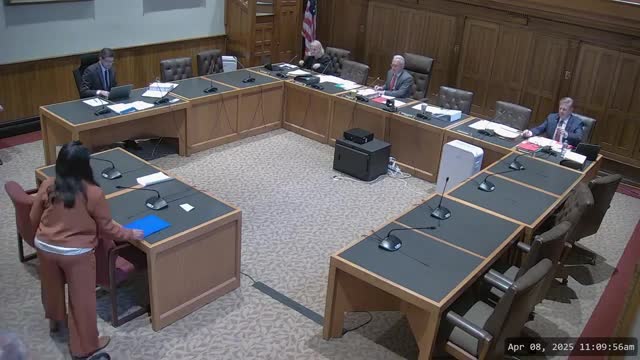Article not found
This article is no longer available. But don't worry—we've gathered other articles that discuss the same topic.
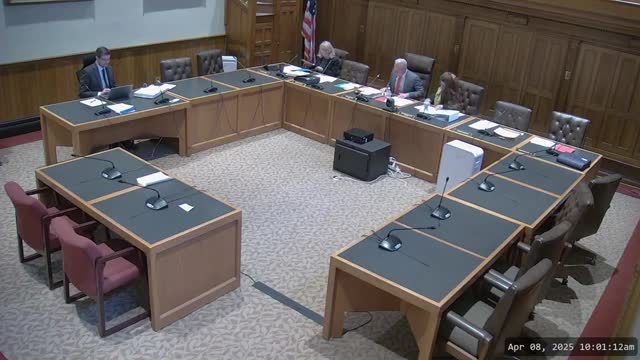
Lengthy public hearing on House Bill 649 exposes deep split over New Hampshire vehicle inspection program
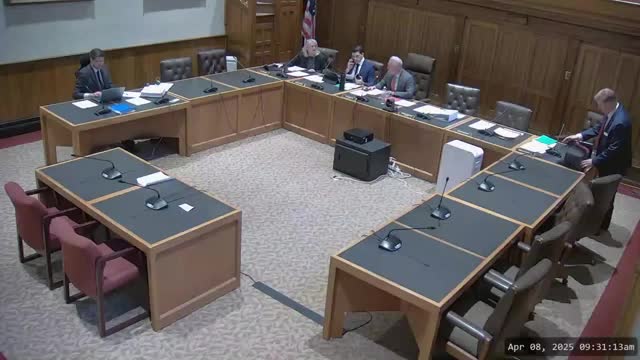
Senate Commerce Committee advances several 'homestead food' bills in executive session
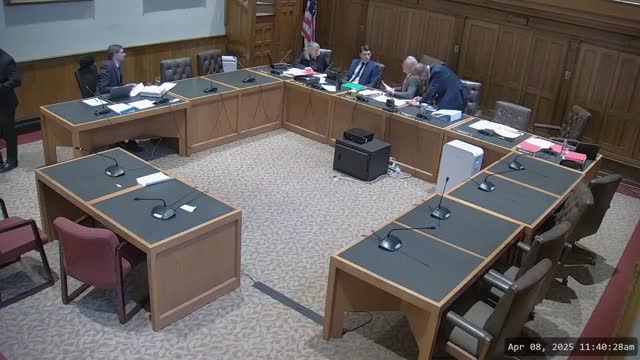
Sponsor returns with revised brewpub distribution language for committee consideration
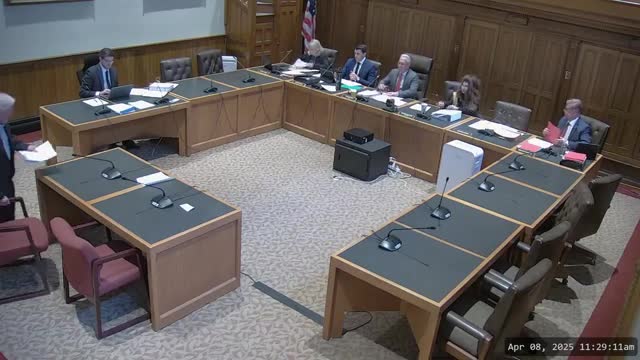
Insurance department seeks statutory clean‑up, new notification duties and higher minimum capitalization for insurers
